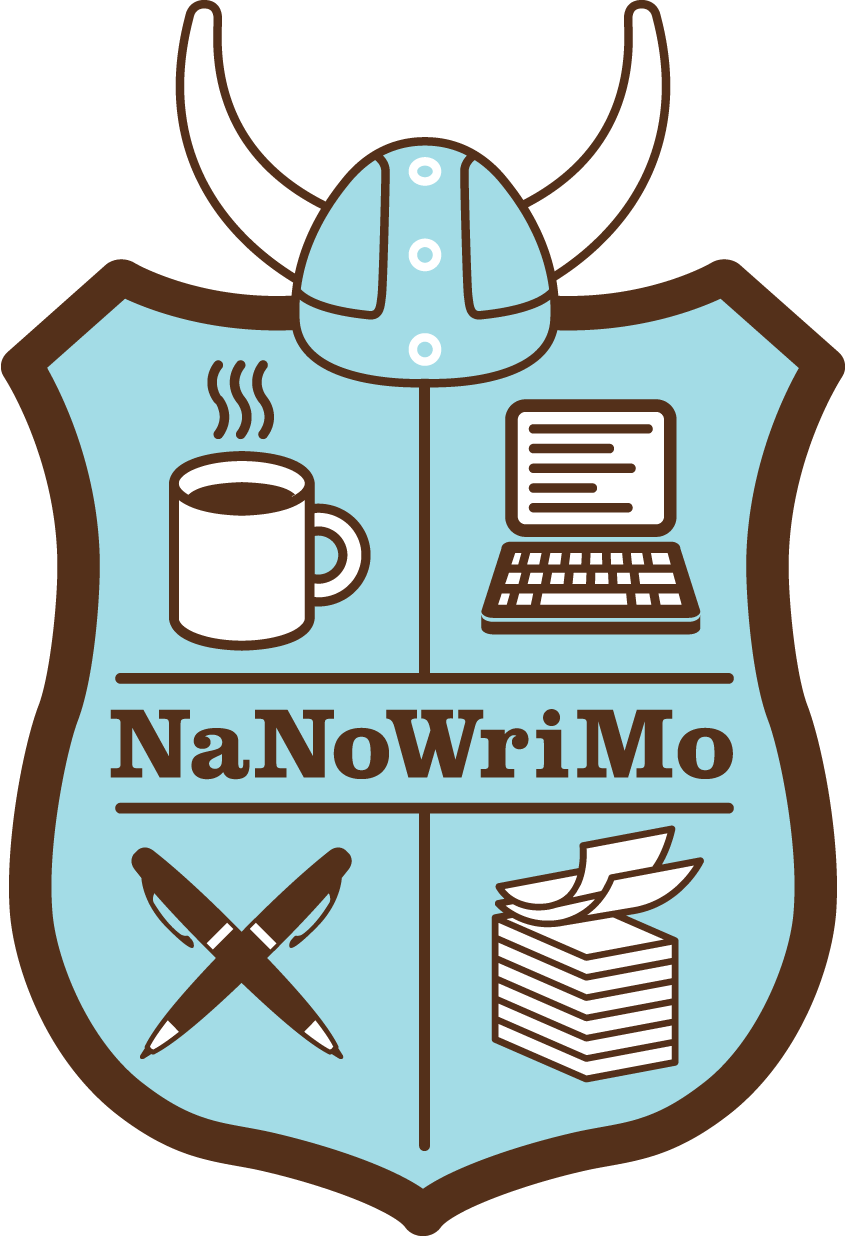The Grueling Challenge of National Novel Writing Month

Jeannette Mooney ’20 / Emertainment Monthly Staff Writer
Throughout the month of November, thousands of writers across the country participated in the National Novel Writing Month challenge. The goal of NaNoWriMo is to write, in its entirety, a fifty-thousand-word first draft of a novel during the month of November. It is a daunting project that equally inspires intimidation and awe in young writers. Completing a book’s first draft in such a short period of time seems beneficial to a writer, but many argue that participating in the challenge may do more harm than good.
For one thing, the challenge encourages writers to add unnecessary fluff to their story in order to reach their daily quota on such a tight schedule. As a result, the language of the first draft is often full of empty-calorie description focusing on minutia and distracting from the scenes’ main purposes. There is also the repetitive “said” added to the end of every bit of dialogue, even when unnecessary. Nonstop writing of so much content can become discouraging after a few weeks; the feeling of hammering away at a mediocre project without going back to revise, because that would take up precious time, tends to put a damper on creative ability.
If one sticks to it for the entire month, however, NaNoWriMo can help with this dilemma. It forces writers to work past their perfectionism for a period of time, and simply put everything into words. The experience of NaNoWriMo teaches writers that it is unnecessary to find the perfect phrasing before writing something down, and that it is fine to create something initially imperfect. Instead, writers can revisit their work over and over again by having a typed file of their story already on hand, correcting it as much as they like. With the first draft down, experimenting to find the best way to word a story becomes much easier. The novels produced for National Novel Writing Month are never a writer’s best work, but they are work nonetheless.
Many writers are perfectionists by nature, and while this is not necessarily a bad thing, it can inhibit their efficiency. When participating in NaNoWriMo, an author must be extremely productive at every possible moment of the day. A month of dealing with daily distractions to consistently produce 1,667 words a day, in order to meet the goal, can make any participant grow tremendously as a writer. It’s true that this challenge is not for writers requiring a fair amount of research for their chosen genre, or people with already packed schedules. Regardless of the downsides, however, its an overwhelmingly positive when a writer completes NaNoWriMo.
With November come and gone, more writers have come out of the experience as authors. In another year, there will be a whole slew of writers ready to take up the challenge, some for the first time. Through the experience, they will learn the perils of distraction and procrastination—it is assumed that this year’s election day likely upset the schedule of many writers, as perhaps Thanksgiving also did.
Regardless of whether a writer meets their quota of fifty thousand words or falls short, the message of NaNoWriMo is clear to anyone participating. If a writer is stumped on how to continue, if the story is not unfolding as intended, or even if they have no idea what they are doing, what is important is to write through the blocks at all costs.